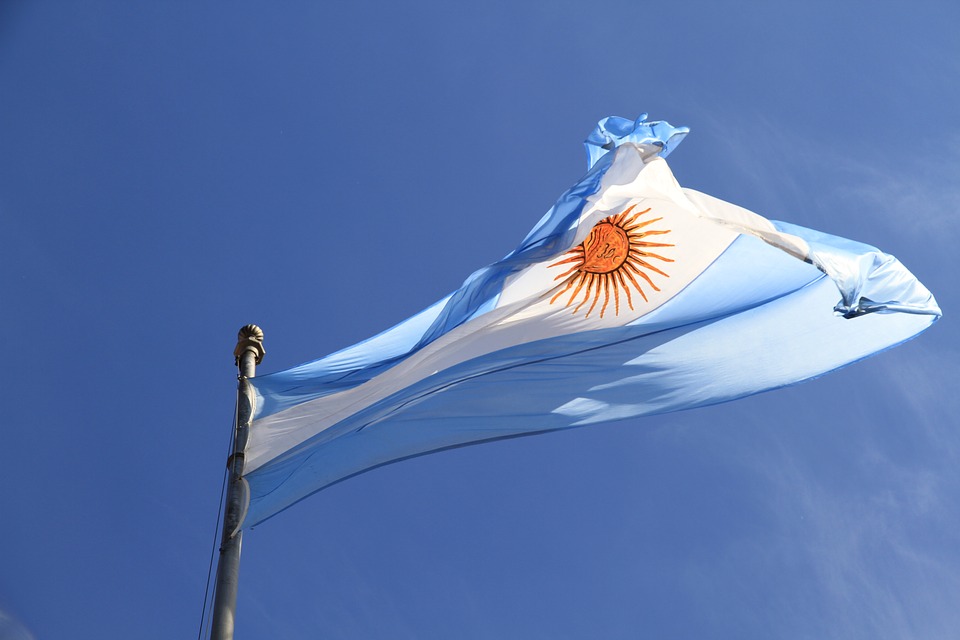News
Argentina pays homage to Brit who recovered Falklands dead

They looked eye-to-eye and shed tears together: On one side the families of Argentine soldiers killed in the 1982 war with Britain, across the table the former British army officer who helped recover and rebury their loved ones. (Pixabay photo)
BUENOS AIRES, Argentina — They looked eye-to-eye and shed tears together: On one side the families of Argentine soldiers killed in the 1982 war with Britain, across the table the former British army officer who helped recover and rebury their loved ones.
A forensic study recently identified the remains of 90 Argentine soldiers buried in a Falkland Islands cemetery after the war. The families of the fallen troops will travel next week to the faraway graves on a lonely hillside in the South Atlantic, where until now gravestones have read: “Argentine soldier known only to God.”
The identification process was led by the International Red Cross under an agreement between the two nations. But it was only possible thanks to the efforts of Geoffrey Cardozo, who is a retired British colonel.
When the war ended on June 14, 1982, most Argentine bodies were left untouched on the battlefield or in temporary graves during the southern winter. Britain tried for months to send them to Buenos Aires, but the ruling military junta said they were already in their homeland.
British Prime Minister Margaret Thatcher finally agreed to build a cemetery. Cardozo, then a 32-year-old captain, was ordered in January 1983 to recover and rebury the dead.
“They very quickly became my boys because they were orphans. Their mothers and fathers were not on the island and I was the only one who could look after them,” Cardozo told The Associated Press. “And so I took great care to bury them, to look after them. And every step I took along the way with each body, I had in my mind their mothers, their families.”
Cardozo assembled a team of British funeral directors that rappelled into minefields from helicopters and dug up mass graves to recover Argentine corpses. They carefully prepared each one for reburial in individual coffins.
On Friday, the families of the soldiers and Argentine officials paid homage to Cardozo at an emotional ceremony in Buenos Aires.
“Today, I feel a great joy, a great tranquility,” Cardozo told the relatives as they broke into tears.
A multinational team of 14 experts exhumed the remains last year. Tissues were analyzed and compared with DNA samples from family members of some of the dead soldiers at a laboratory in Argentina. Laboratories in Britain and Spain conducted quality control of the DNA analyses.
The Red Cross has said the identification process of the more than 120 graves was highly successful.
“I would have never imagined 35 years later that we would achieve this kind of success,” Cardozo said. “It’s formidable, miraculous.”
On Monday, Cardozo will join the families as part of the mission to the Falklands to explain how he organized the cemetery with its rows of white crosses and dark grey tombstones.
“What will happen next Monday will bring a huge relief to these heavy hearts,” he said.
Many families of the Argentine fallen troops had long distrusted the idea of sending experts to the islands to identify their war dead.
“One day, my mom finally told me: ‘Who am I to impede another mother from finding her son,”’ said Maria Fernanda Araujo, who was 9 when her brother Eduardo was killed in the war. She now leads a group for the relatives of the fallen soldiers.
“We had to make other families understand that this was not impossible,” she said.
In all, 649 Argentines and 255 British soldiers died in the war.
“The angels lined up — 649 of them — and Geoffrey was there. And we can all be friends,” Araujo said as she turned to Cardozo, who was sitting next to her, and they embraced.





















